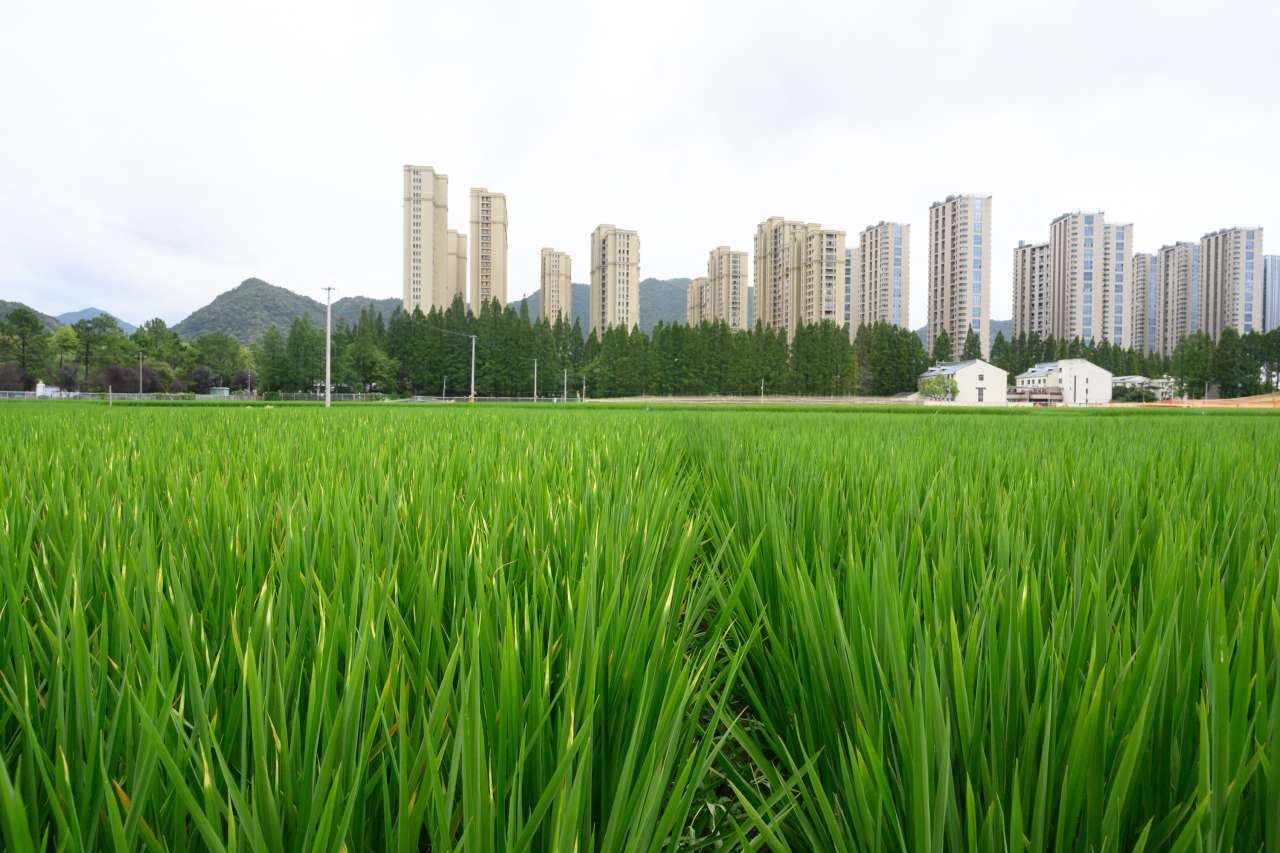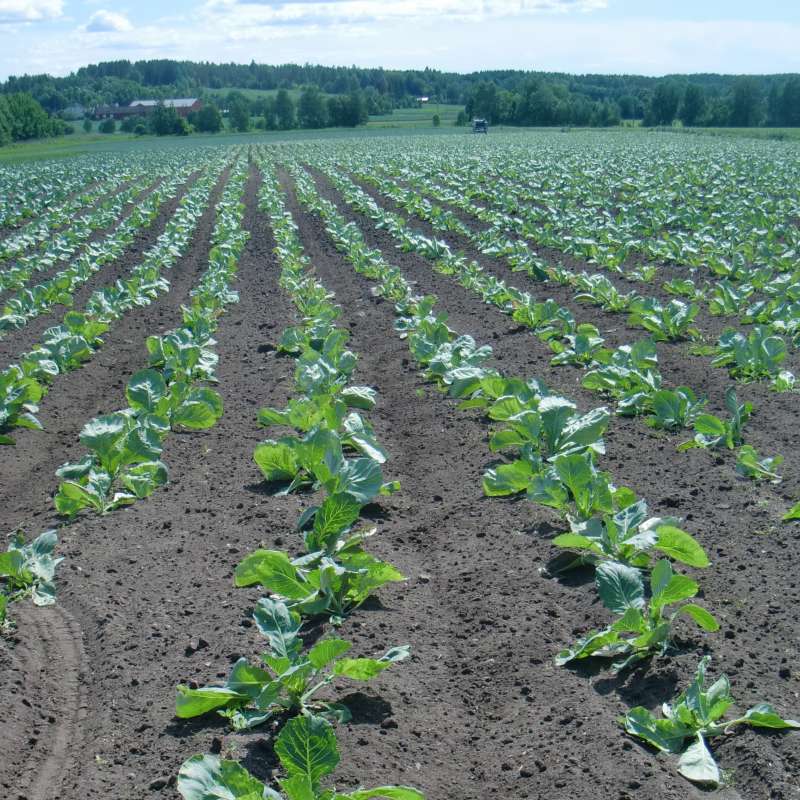Food safety bridges Norway and China and promotes bilateral collaboration

Photo: Erling Fløistad
NIBIO has had over 15-year collaboration with China on food security, food safety and environmental research.
May is a beautiful time of the year bringing back the colourful nature with flowers blossoming and trees turning into green. In addition, May 2019 has also had several big events for Norway-China bilateral relations. A direct flight from Beijing to Oslo was launched on May 15, and several Chinese delegations paid their visits to Norway for collaborations in many areas. Mr Ni Yuefeng, Minister of the General Administration of Customs of China led his delegation to Norway for food safety and animal health cooperation. Minister Ni Yuefeng signed with Minister of Agriculture and Food, Olaug Bollestad a cooperation agreement on animal health and import and export of safe food.
Minister Ni’s delegation is very impressed by the antibiotic free animal/livestock production in Norway and the excellent food safety management which China requires. Minister Ni Yuefeng has also invited minister Bollestad to visit China later this year to further promote Norway-China cooperation for benefit of two nations and people in Norway and China.
NIBIO as one of the largest research institutes in Norway has over decades built up strong expertise in food safety research and toolbox development facilitating the European and Norwegian national Food Safety Authority (Mattilsynet) for effective management of safe food produced domestically and especially imported food from worldwide.
NIBIO has had over 15-year collaboration with China on food security, food safety and environmental research. On the food safety aspect, Department of pesticides and natural products chemistry at NIBIO led by Dr Marianne Stenrød has already had two ongoing bilateral projects called LowImpact and Sinograin II with Chinese partners at Chinese Academy of Agricultural Sciences (CAAS) in Beijing. Chinese partners have showed great interest for the collaboration and are impressed by the advanced analytic methods Marianne’s department, which also hold the national reference laboratory for pesticide residues in food of plant origin, has developed.
Sinograin II project is funded by the Norwegian Ministry of Foreign Affairs through the Norwegian Embassy in Beijing and led by NIBIO with 6 Chinese partners participating. Food safety is one of the key workpackages (WP) in Sinograin II aiming to evaluate the influence of innovative farming technologies on food safety and environment. The outcomes will provide useful information for the envionmental impact evaluation and risk assessment of the innovative farming technologies.
The specific project objectives include, to:
- Develop chemical analytical methods for quantitative analysis and qualitative screening of pesticides in selected food, feed and environmental sample matrices;
- Determine representative parameters associated with the quality and safety of soil, water and food; and compare the values obtained by both innovative and traditional farming technologies;
- Assess the influences of innovative farming technologies in terms of food product and farmland environmental quality and safety, and help select the innovative farming technologies. NIBIO scientists will work side-by-side with CAAS colleagues to contribute to food safety in China.
The 2nd food safety project is the LowImpact project where Norwegian partners are funded by the Research Council of Norway (RCN project number 287431) andthe Chinese partner, CAAS, receive funding from the National Natural Science Foundation of China (NSFC). Current challenges in agricultural production practices include negative impacts on soil quality, environmental and food safety.
Biochar technologies show promise as tools for climate smart and environmentally friendly agricultural production, both as tools to improve soil quality and impact greenhouse gas emission from soils and to reduce pesticide pollution to the environment and pesticide residues in food. However, there is a lack of studies integrating these concerns and designing joint solutions.
The LowImpact project aims to develop such combined solutions for vegetable production in Chinese and Norwegian pedoclimates. LowImpact is a collaboration between Norwegian and Chinese research partners representing comparable national expertise that will allow for a twinning of studies being performed under the different regulatory frameworks and pedoclimatic conditions, creating solutions that can be extrapolated beyond the limits of each participating country.
The project aims to alleviate joint Chinese-Norwegian challenges specific for vegetable production, and will complement and strengthen the research collaboration addressing challenges in cereal production performed in the Sinograin II project.
The project results will benefit policy makers and risk assessors via improved knowledge and methods. The society will benefit directly through improved food safety and indirectly through reduced impacts on the natural environment and the ecosystem services it provides.


